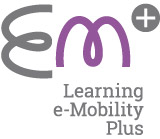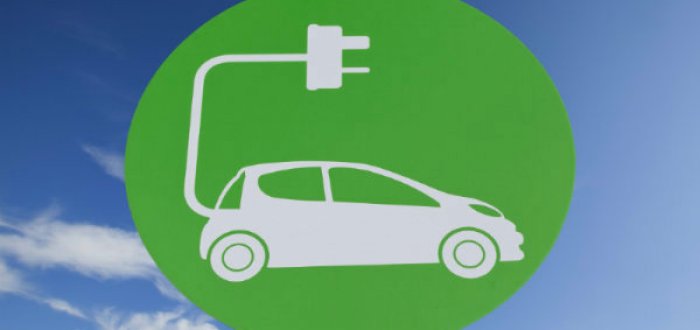Learning e-Mobility Plus
A new model for cooperation between vocational schools, universities, and companies
New technologies require skills that go far beyond those traditionally offered by vocational schools. At the same time, we want to make vocational training more attractive to young people – especially with new forms of learning and by improving access to university education.
Our strategic partnership “Learning e-Mobility Plus” rose to this challenge by identifying possibilities for cooperation between vocational schools, universities/research, and business using the example of automotive professions and setting up a reciprocal transfer of experience and knowledge.
The top priority here was closer ties between vocational education and universities – using the example of the future-oriented technology field of electromobility. The shift that has made auto repair shops into quality service businesses calls, for instance, for skilled workers with diagnostic and repair skills for computer-based, integrated automotive technology. The goal was to set up innovative learning environments, take a practice-oriented approach to meeting the technological requirements, and impart cross-sectoral competence.

Another goal was to internationalize educational institutions in order to better prepare trainees for the demands of an increasingly global labor market. In addition, our project offered general approaches to making universities more practice-oriented – our project benefited vocational schools, universities, and the workplace equally. Vocational schools, universities, and business associations were cooperating in “Learning e-Mobility Plus”; the project had a total of 9 partners from 3 EU member states: Germany, Italy, and Poland. With the vocational school/university/workplace “knowledge partnership,” the project included key stakeholders with the aim of developing a practicable learning environment for vocational schools and a model for cooperation that can be used throughout the EU and of ensuring that trainees are sustainably employable with new skills in the area of electromobility/hybrid vehicles.
Results/Effects:
- Tried-and-tested, attractive, practice-oriented learning models for vocational education in the area of high technology
- Qualified teachers with improved competence in the area of Technology;
- Increased competence in the area of electromobility in the case of (future) skilled workers and, as a result, greater employability of trainees; an increase in the competitiveness of the SMEs that hire these skilled workers;
- In the medium term, improvement in quality of service for users of electric vehicles; in the long term, increased demand for electric vehicles;
- Improved international cooperation between vocational schools, universities, and business.
- „Learning e-Mobility Plus“ and project results on the Erasmus+ Project Results Platform
- Link
- Learning e-Mobility Plus as Good Practice
- Dissemination manual of the NA BIBB
Projektdetails

Implemented in:
Germany, Poland, Italy
Duration:
2014-2016
Berlin partners:
Innung des Kraftfahrzeuggewerbes (trade guild of the motor vehicle sector), Hochschule für Technik und Wirtschaft (university of applied sciences)
Transnational partners:
Vicenca, Italy: Pia Societa San Gaetano,Confartigianato, Eurocultura, Poznan, Poland: Vocational education center for the motor vehicle sector, Technical University, Greater Poland Chamber of Skilled Trades, WIR Wielkopolska Izba Rzemieslnicza
Learning E-Mobility+ ist a Project in the Berlin-Brandenburg International Showcase for Electromobility


Project website:
Contact:
Grazyna Wittgen
Tel: +49 (030) 80994114
wittgen@bgz-berlin.de
Donors:
European Commission – Erasmus+


